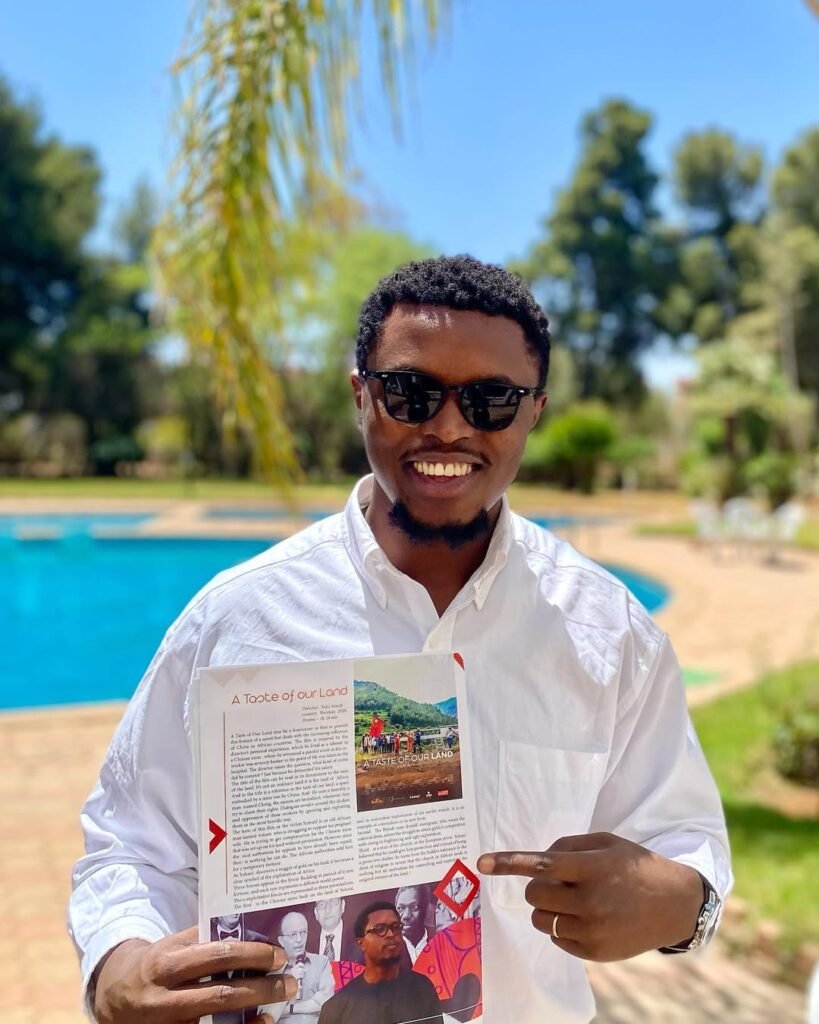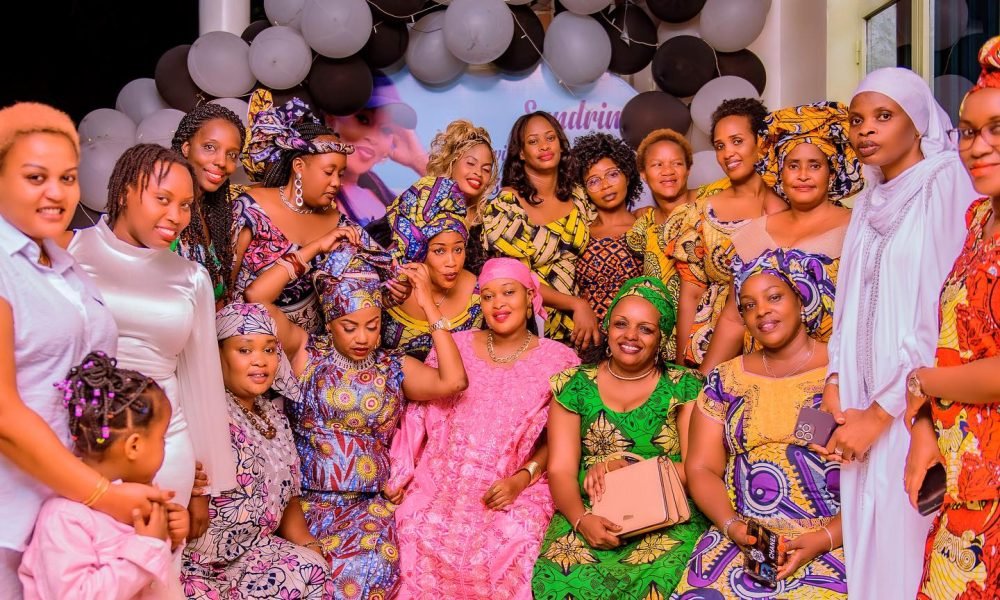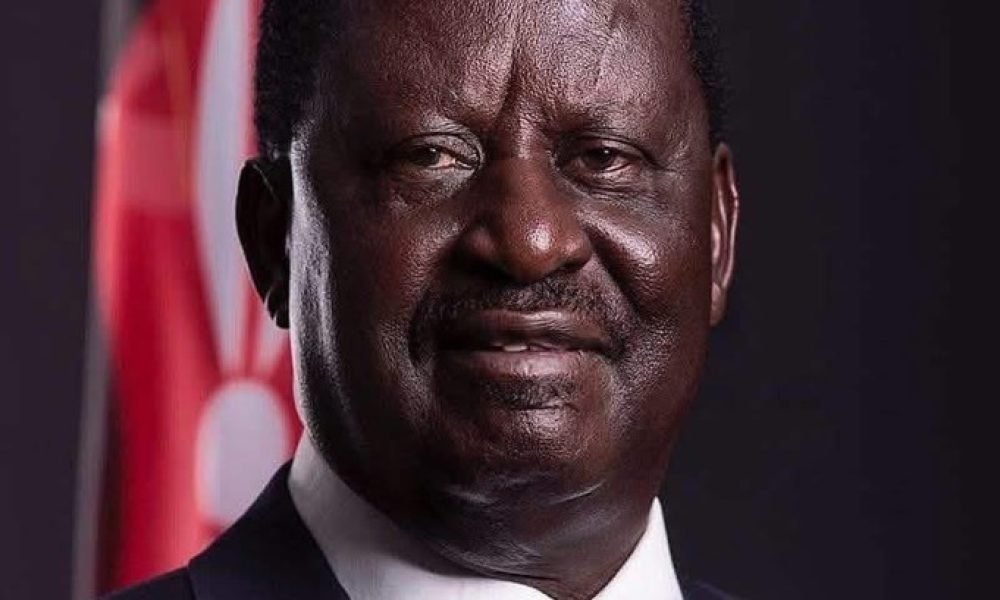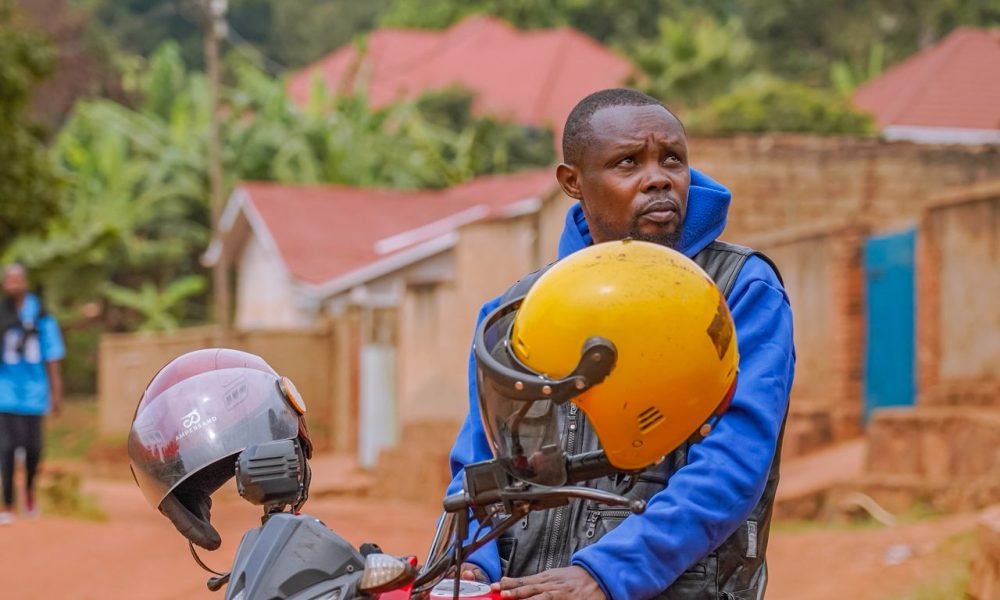“From collecting water in darkness to premiering films on international stages, Yuhi Amuli’s story is cinema born out of necessity—and driven by conviction.”
Born on September 4, 1993, and raised on Nkombo Island, a remote and underdeveloped landmass in Rwanda’s Lake Kivu, Yuhi Amuli grew up without electricity or running water. His mother, a primary school teacher, and his father, an accountant, instilled in him values of education, resilience, and quiet determination. In the face of physical limitations, Amuli learned to see—deeply. And that vision would become the root of his storytelling.
From law to the lens
Amuli initially set his sights on a legal career. But in 2014, midway through law school, he followed a recurring dream—literally and figuratively—of becoming a filmmaker. He left his law studies to pursue cinema full-time, refining his craft through intensive programs like Maisha Film Lab (2015), One Fine Day (2017), the Toronto Filmmaker Lab (2020), and Berlinale Talents (2021). Eventually, he returned to law, completing his LL.B. at Kigali Independent University and enrolling in Loyola Law School in Los Angeles, where he is currently pursuing an LL.M. in Entertainment Law (Class of 2024). This dual journey uniquely equips him to challenge power structures both on-screen and off.
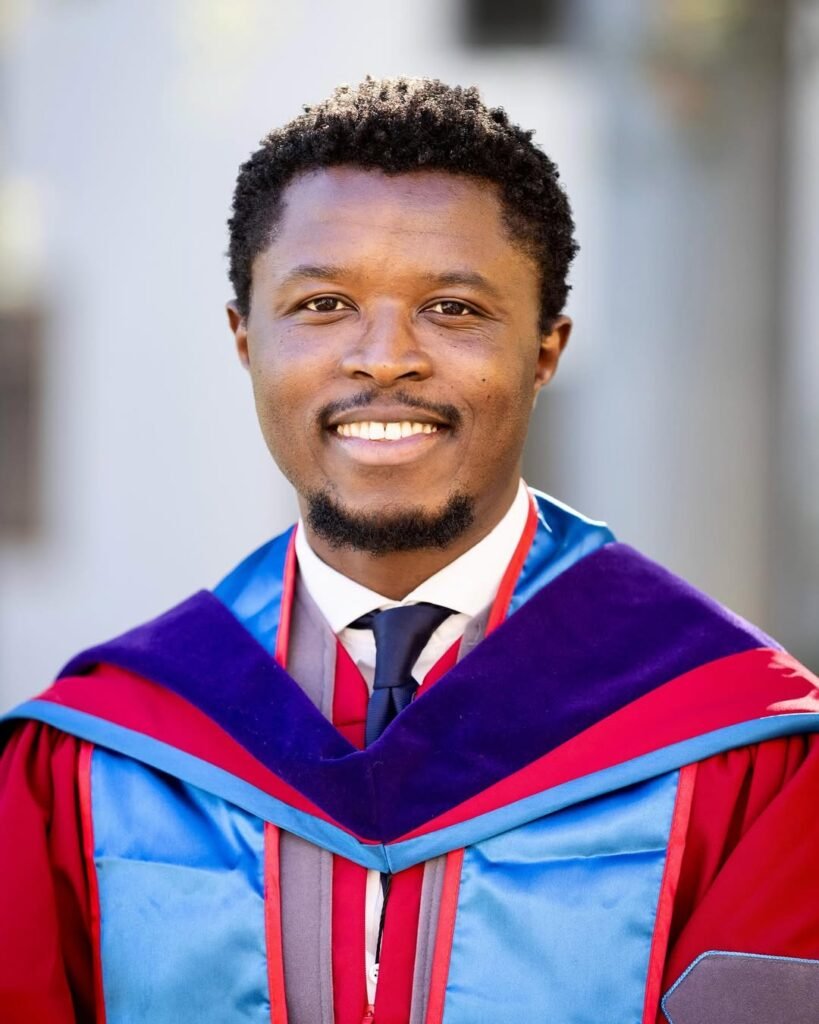
Crafting his Voice: The early films
Amuli’s earliest works reveal his signature: minimal dialogue, ambient soundscapes, and narratives steeped in silence, symbolism, and social unease.
Ishaba (2015): A quiet tribute to his life on Nkombo Island, the film contains no dialogue, relying instead on atmosphere and gesture. It won Best African Short at the Rwanda Film Festival and screened internationally in France and Egypt.
Akarwa (2017): A meditation on community isolation, premiered at Durban, Zanzibar, Luxor, and Vues d’Afrique.
Kazungu (2018): A minimalist short that earned best short film at the Luxor African film festival.
Each of these shorts foregrounds Amuli’s artistic language: one that prefers shadows over speeches and gestures over grandstanding.
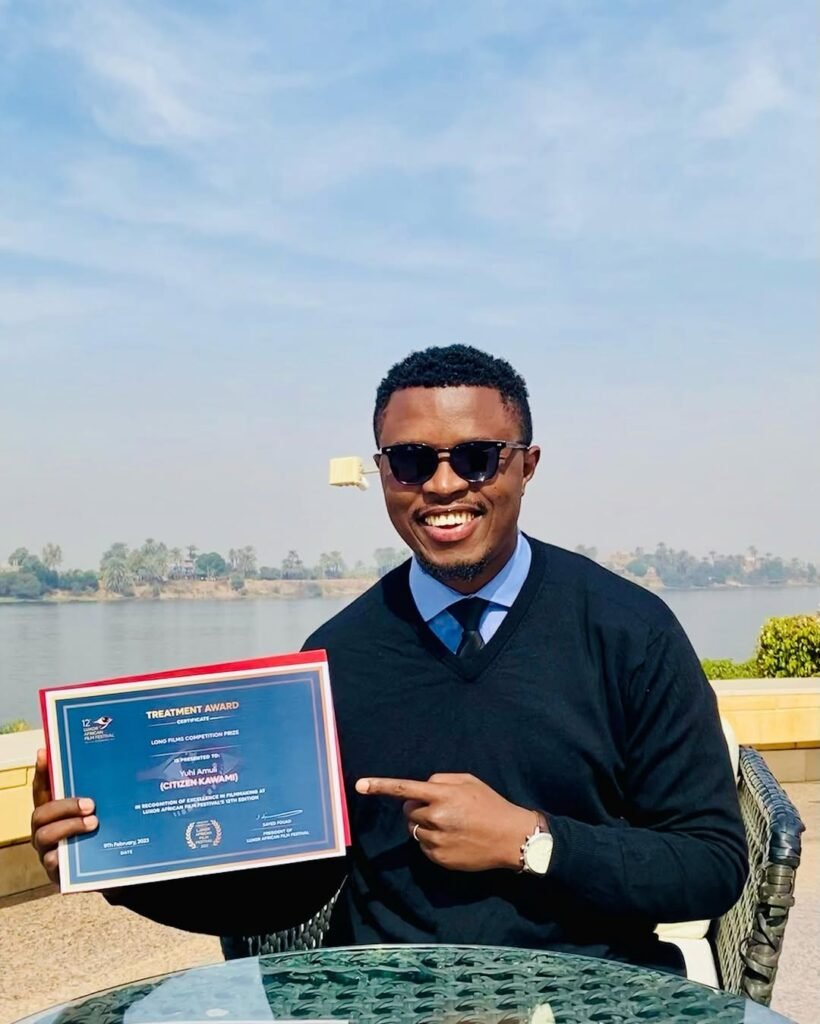
Breaking ground: Feature films with global themes
A taste of our land (2020)
Amuli’s feature debut is a politically charged allegory set in an unnamed African country. The film explores Chinese exploitation in African mining through the story of a desperate local who clashes with a Chinese supervisor over a gold nugget. The film boldly interrogates neo-colonialism, economic injustice, and moral collapse.
Awards:
Best first Narrative Feature, Pan African Film Festival (Los Angeles)
Best first feature by a director, African movie academy awards (Nigeria)
Best actor (Michael Wawuyo Sr.), Festival du cinéma Africain de khouribga (Morocco)
Citizen Kwame (2023)
A surreal yet grounded allegory, the film follows Kwame, an African man who wants to leave his house. But to do so, he must secure a visa from a gatekeeper—a stand-in for Western immigration control. With the help of a relationship with a Western woman, he navigates bureaucracy, borders, and belonging.
Award:
Best cinematic treatment, luxor African film festival
Amuli described the film as an exploration of how romanticism, identity, and systemic power intersect in the modern African experience.
Exodus (In development – 2025)
Currently in development through Berlinale Talents, Exodus shifts the focus to those left behind by African migration. The story re-centers the narrative not on the migrant, but on the community altered in their absence—an emotional and political portrait of waiting and loss.
Beyond directing: Building Rwandan cinema
In 2017, Amuli co-founded IZACU, an independent production company, with fellow filmmaker Mutiganda Wa Nkunda. Their debut, Nameless, was selected for TAKMIL, the post-production lab at Tunisia’s Carthage Film Festival, and was acquired by Orange Studios (France).
Amuli also played an active role in shaping Rwanda’s film scene as an Assistant Director, Producer, and Public Relations Officer at the Mashariki African Film Festival, nurturing talent and growing regional cinema networks.
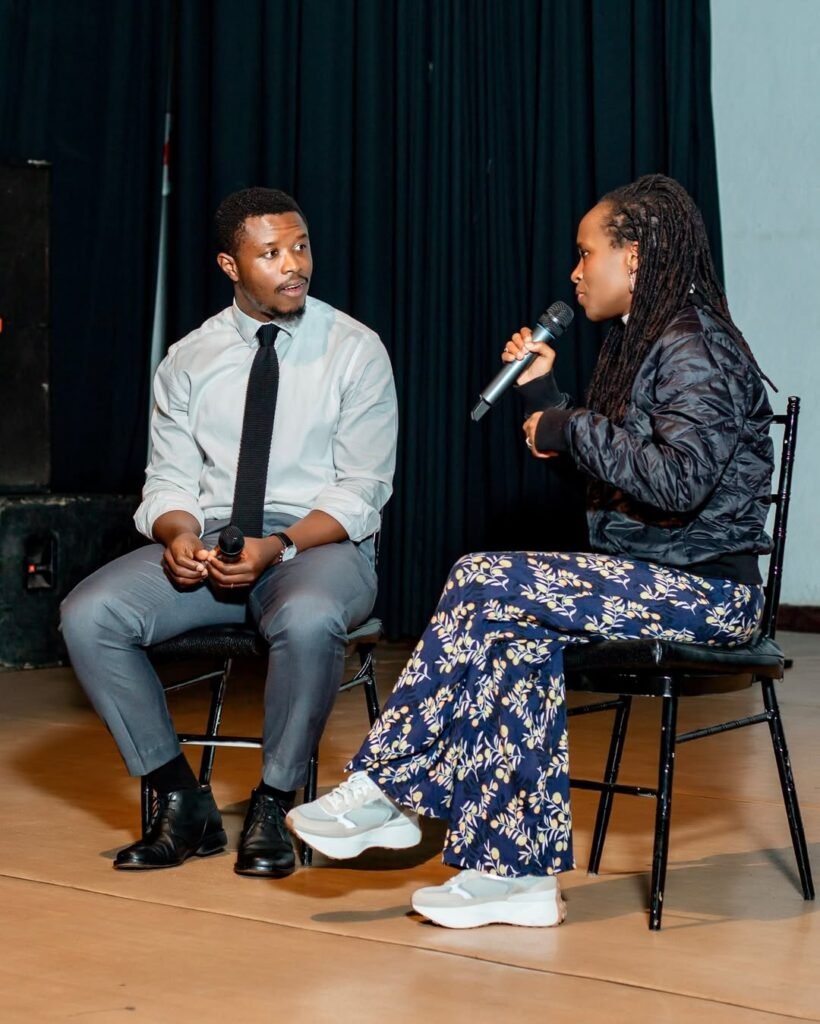
Yuhi Amuli in citizen Kwame screening
Voice & vision
Yuhi Amuli is part of a rising generation of African auteurs who tell their stories on their own terms. His work is often visually driven, sometimes sparse in dialogue, but rich in metaphor, silence, and symbolism. Themes of migration, colonial residue, economic injustice, and cultural duality form the heart of his narratives.
“When you grow up multilingual and multicultural, you learn to communicate in more than words,” Amuli once shared. “Sometimes silence says more than a monologue.”
This approach has not only made his work distinctive but also politically resonant—his legal education infuses his stories with sharp critiques of systemic power, borders, and inequality.
Yuhi Amuli is more than a filmmaker—he is a builder of spaces, shaper of narratives, and disruptor of silence. His journey from rural isolation to global platforms reflects a deeper transformation: the reawakening of African storytelling in global cinema.
By bridging law and film, Amuli challenges the systems that marginalize African voices—whether through exploitative mining, colonial immigration laws, or forgotten villages. His work demands not just to be seen, but to be understood.

